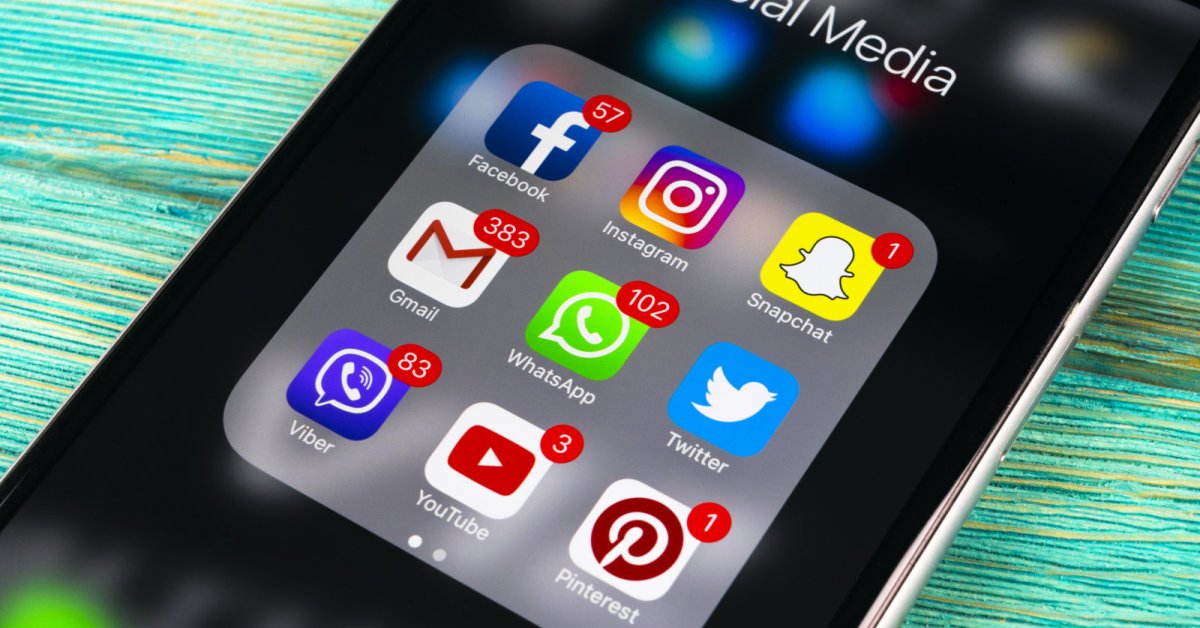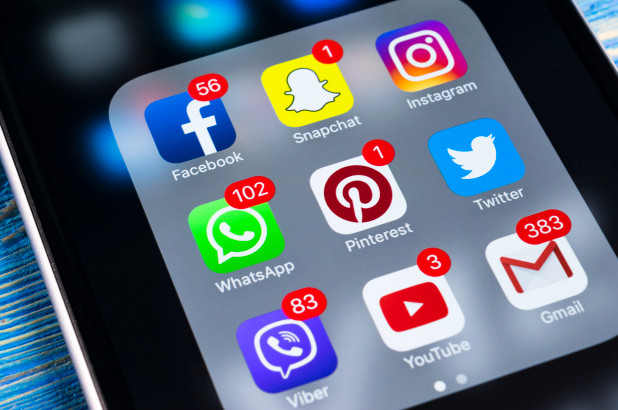The Indian Government Wants To Spy On Your Social Media Activities
Harin - Jan 17, 2020

The Indian government has just proposed a set of amendments to the Information Technology (IT) Act, which raises concern over the privacy of Indian citizens.
- India To Release COVID-19 Contact-Tracing App For Feature Phones
- Your Computer Data Can Now Be Tracked And Monitored By The Indian Govt
- India To Soon Adopt Embedded Chip E-Passports For Better Functionality And Security
Some days ago, the Ministry of Home Affairs had granted 10 central agencies permission for computer data tracking, monitoring and intercepting. Now, the government has shifted its focus to online communications as well as social media including all your messages in WhatsApp, Facebook, and Twitter. A set of amendments has been forwarded to the Information Technology (IT) Act by the Indian government. The amendments raise concern on privacy invasion for Indian citizens.
The amendment suggests terminating end-to-end encryption. This is the kind of encryption that WhatsApp uses for its platform, which doesn’t allow anyone but the message’s participants to read the whole conversation. Once end-to-end encryption is terminated, it would be a lot easier for authorities to spy on your personal messages. To make it worse, the end of end-to-end encryption will make it easier for hackers.
Another point is mentioned in the amendments is that “intermediaries,” which are providers of chat service like Google, Facebook, Twitter, and so on, need to follow the government directives and data requests in 72 hours. According to the government, whether to employ “automated tools” to block unlawful content access or not will depend on these intermediaries.
If you think this sounds oddly similar to the IT Act’s Section 66A from the Supreme Court back in 2015, you are correct. At that time, the government would arrest citizens posting things they did not like on social media.
If you find this similar to what’s happening in China with its strict censorship regulations, you’re absolutely right. In China, the government can delete content from social media if they don’t like it. Any information posted online will need to go through the government’s inspection first, which is probably why you hardly view or read anything related to the leadership of the country. For instance, all mentions or images or mentions of the character Winnie the Pool are banned in China due to people creating memes comparing his appearances with President Xi Jinping.
In the set of amendments, unlawful content is defined as “blasphemous, ethically objectionable, and disparaging," which is undoubtedly a vague definition, to be honest.
Apparently, this draft was discussed last Friday in a meeting with representatives from the Internet Service Providers Association of India, Facebook, Amazon, Google, Twitter, and WhatsApp. However, these tech giants have not released any official statement on this decision yet.
Will these groups abide by the amendments because of the threat of being kicked out of India? Maybe. Should Indian citizens worry about their privacy being invaded? Absolutely.
>>> With A Centralized System, Indian Government Wants To Monitor The Internet
Featured Stories

ICT News - Feb 19, 2026
Escalating Costs for NVIDIA RTX 50 Series GPUs: RTX 5090 Tops $5,000, RTX 5060 Ti...

ICT News - Feb 18, 2026
Google's Project Toscana: Elevating Pixel Face Unlock to Rival Apple's Face ID

Mobile - Feb 16, 2026
Xiaomi Launches Affordable Tracker to Compete with Apple's AirTag

ICT News - Feb 15, 2026
X Platform Poised to Introduce In-App Crypto and Stock Trading Soon

ICT News - Feb 13, 2026
Elon Musk Pivots: SpaceX Prioritizes Lunar Metropolis Over Martian Colony

ICT News - Feb 10, 2026
Discord's Teen Safety Sham: Why This Data Leak Magnet Isn't Worth Your Trust...

ICT News - Feb 09, 2026
PS6 Rumors: Game-Changing Specs Poised to Transform Console Play

ICT News - Feb 08, 2026
Is Elon Musk on the Path to Becoming the World's First Trillionaire?

ICT News - Feb 07, 2026
NVIDIA's Gaming GPU Drought: No New Releases in 2026 as AI Takes Priority

ICT News - Feb 06, 2026
Elon Musk Clarifies: No Starlink Phone in Development at SpaceX
Read more

ICT News- Feb 18, 2026
Google's Project Toscana: Elevating Pixel Face Unlock to Rival Apple's Face ID
As the smartphone landscape evolves, Google's push toward superior face unlock technology underscores its ambition to close the gap with Apple in user security and convenience.

ICT News- Feb 19, 2026
Escalating Costs for NVIDIA RTX 50 Series GPUs: RTX 5090 Tops $5,000, RTX 5060 Ti Closes in on RTX 5070 Pricing
As the RTX 50 series continues to push boundaries in gaming and AI, these price trends raise questions about accessibility for average gamers.

Mobile- Feb 17, 2026
Anticipating the Samsung Galaxy S26 and S26+: Key Rumors and Specs
The Samsung Galaxy S26 series is on the horizon, sparking excitement among tech enthusiasts.

Comments
Sort by Newest | Popular